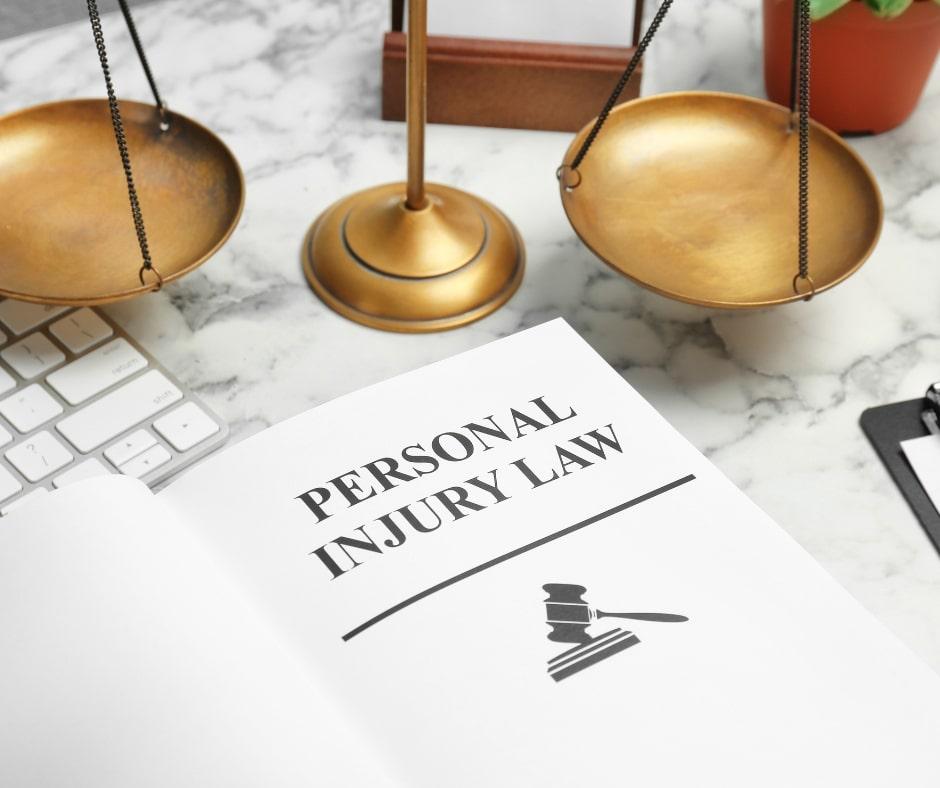Smiles Fool You.
We WIN Legal Fights!

Navigating the complexities of personal injury law in Texas can be overwhelming for those unfamiliar with the legal landscape. Personal injury law encompasses a wide range of cases where individuals seek compensation for injuries or damages sustained due to someone else’s negligence or wrongful actions. Whether it involves car accidents, workplace injuries, medical malpractice, or slip-and-fall incidents, understanding the key components of Texas personal injury law is essential for victims seeking justice.
One fundamental aspect of personal injury cases is the concept of negligence, which is the cornerstone of liability. In Texas, to establish negligence, a plaintiff must prove that the defendant owed a duty of care, breached that duty, and directly caused the injuries sustained. The state follows a “modified comparative negligence” rule, allowing plaintiffs to recover damages even if they share some responsibility for the accident, provided their degree of fault does not exceed 50%.
Texas also imposes specific time limits, known as statutes of limitations, on personal injury claims. Typically, injured parties have two years from the date of the incident to file a lawsuit. Failing to file within this time frame can result in the forfeiture of the right to seek compensation. It underscores the importance of timely legal action for individuals seeking to reclaim their losses.
Moreover, understanding the potential damages available in personal injury cases is crucial. In Texas, damages can be categorized into economic damages—such as medical expenses, lost wages, and property damage—and non-economic damages, which encompass pain and suffering, emotional distress, and loss of companionship. While economic damages are typically easier to calculate, non-economic damages can be more subjective, often requiring careful presentation of evidence.
Navigating the intricacies of insurance claims is another vital component of personal injury cases. Texas is an at-fault state, meaning that the responsible party’s insurance is liable for covering damages. However, dealing with insurance companies can be challenging, as they may attempt to minimize payouts. Therefore, having an experienced personal injury attorney can significantly influence the outcome of a case, ensuring that victims receive fair compensation for their suffering.
Understanding Texas personal injury law is essential for anyone who has been injured due to another’s negligence. Knowledge of the legal processes, timelines, and potential damages can empower individuals to make informed decisions about their cases, ultimately leading to justice and recovery. Whether pursuing a claim independently or with legal representation, being well-informed can make all the difference in achieving a favorable outcome.
In Texas, a personal injury claim arises when an individual suffers harm due to the negligence or wrongful actions of another party. These claims can encompass a wide range of incidents, including car accidents, slip and fall accidents, medical malpractice, workplace injuries, and product liability cases. To successfully navigate the complexities of a personal injury claim in Texas, it is essential to understand the fundamental components that constitute a valid claim.
The cornerstone of any personal injury claim is proving that another party was at fault for the injury. In Texas, the legal concept of negligence plays a critical role in this determination. To establish negligence, the injured party (the plaintiff) must demonstrate that the defendant owed a duty of care, breached that duty, and that the breach directly resulted in the injury sustained. For instance, in a car accident case, a driver who violates traffic laws and causes an accident may be found negligent.
Once liability is established, the next critical step is demonstrating causation. The plaintiff must show that the defendant’s actions were the proximate cause of their injuries. This means that without the defendant’s breach of duty, the injury would not have occurred. Proving causation often requires medical evidence and expert testimony, especially in more complex cases involving severe injuries.
An integral aspect of a personal injury claim is the plaintiff’s ability to prove damages. Damages can include medical expenses, lost wages, pain and suffering, emotional distress, and even punitive damages in instances of gross negligence. In Texas, claimants must provide detailed documentation of their injuries and expenses, such as medical records, invoices, and evidence of lost income, to substantiate their claims for compensation.
In Texas, personal injury claims must be filed within a specific timeframe, known as the statute of limitations. Generally, Texas law allows two years from the date of the injury to file a claim. Failing to initiate a claim within this period can result in the right to seek compensation being forfeited. It is critical for injured parties to be mindful of this timeline to ensure they do not lose their opportunity for recovery.
Texas follows a “modified comparative negligence” rule, which means that if the injured party is found to be partially at fault for the incident, their compensation may be reduced in proportion to their degree of fault. For example, if a plaintiff is deemed 30% responsible for an accident, their potential recovery will be reduced by that percentage. This aspect underscores the importance of gathering comprehensive evidence to support a claim and potentially mitigate any liability attributed to the injured party.
A personal injury claim in Texas encompasses a structured process requiring the establishment of liability, causation, and damages, while adhering to state-specific laws and timelines. Those considering pursuing a claim should seek legal counsel to navigate the intricacies of Texas law and ensure that their rights are protected.
An experienced personal injury attorney in Harris County, Galveston County, Fort Bend County, Montgomery County, Brazoria County, Houston, Sugar Land, Missouri City, and Stafford, Texas at Thornton Esquire Law Group, PLLC will take over the case from the very beginning and make sure that you receive fair compensation for your injuries. A personal injury lawyer will help you recover medical expenses, lost wages, pain and suffering, and other losses due to the accident. Contact us today at www.thorntonesquirelawgroup.com for a free case evaluation consultation.